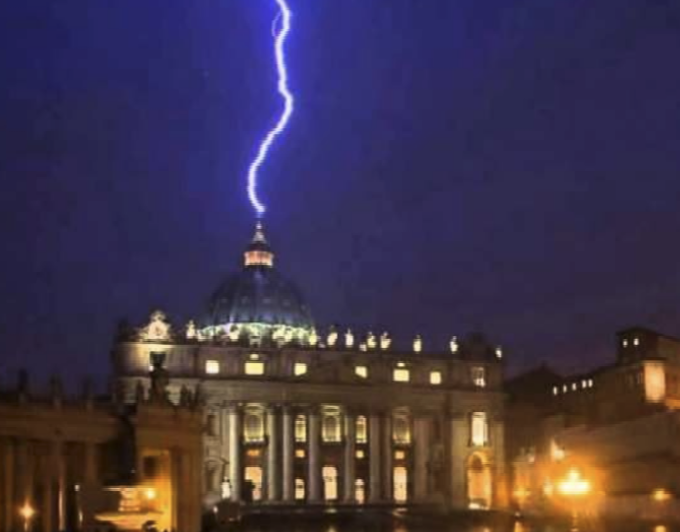Doug LeBlanc clicked “publish” on the original GetReligion website on February 2, 2004, and the GetReligion team has published at least one piece of new content every day ever since.
That streak will end in just over a month, on our 20th anniversary. The website will close, although some of our features will live on — to one degree or another — on other websites. We will share more details before we close, so hold that thought.
The plan is to keep GetReligion.org online as a massive archive of Godbeat life over a stunningly complex 20 years in the news business, as the realities of the digital age have rocked the landscape of hard-news journalism. The goal is to find a reference-materials home with an academic institution that values the study of religion, mass culture and the First Amendment.
We want to keep this archive online as a way of stressing the three goals that led to the creation of GetReligion.org in the first place. We have tried to:
(1) Promote religion-news reporting in the mainstream press, arguing that journalists on this beat deserve the respect given to those covering other complex topics in the public square. If newsroom managers want to improve religion-beat coverage, they can use ordinary journalism logic — hiring experienced (maybe even award-winning) religion-beat reporters and then letting them do their work.
(2) Note that far too many journalists (especially those at political desks) tend to miss obvious religion angles in important stories, often mangling basic facts and history in the process. The result is news coverage “haunted” by what we call “religion ghosts.” Why does this happen? As the liberal journalism icon Bill Moyers once told me, many journalists are "tone deaf" to the music of faith in public life.
(3) Defend the traditional “American Model of the Press,” with its emphasis on professional standards that stress accuracy, fairness and even balance. Many journalists seem to believe that these old-school standards do not apply to coverage of hot-button subjects linked to religion, morality and culture. After all, politics is real. Religion? Not so much.
Why close GetReligion now? I will admit that I have, in recent years, struggling to accept the many ways in which the digital age has changed the business model for the mainstream press. What we have here is a classic example of the mass-media doctrine that “technology shapes content.”










